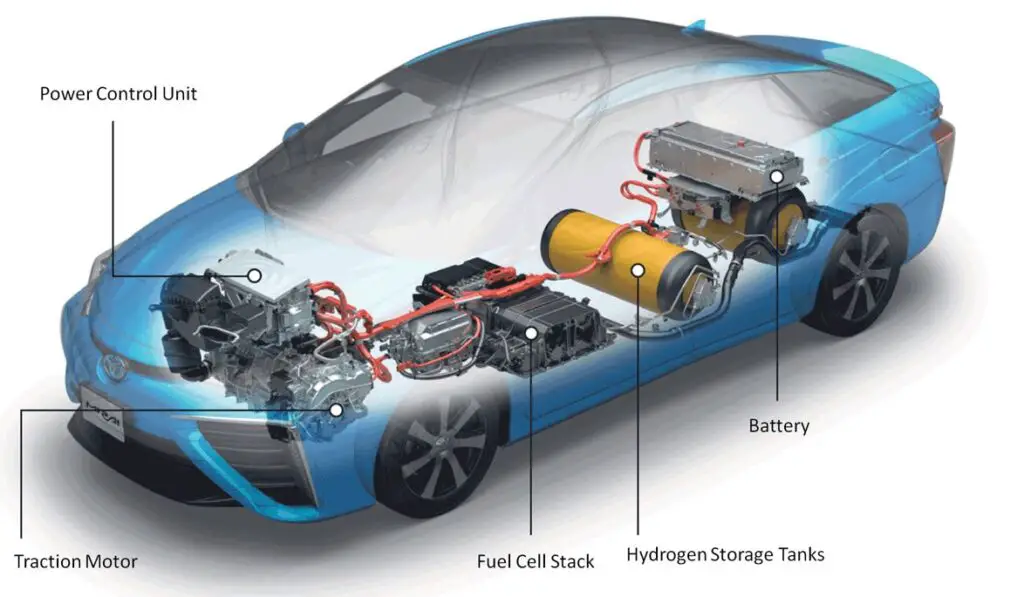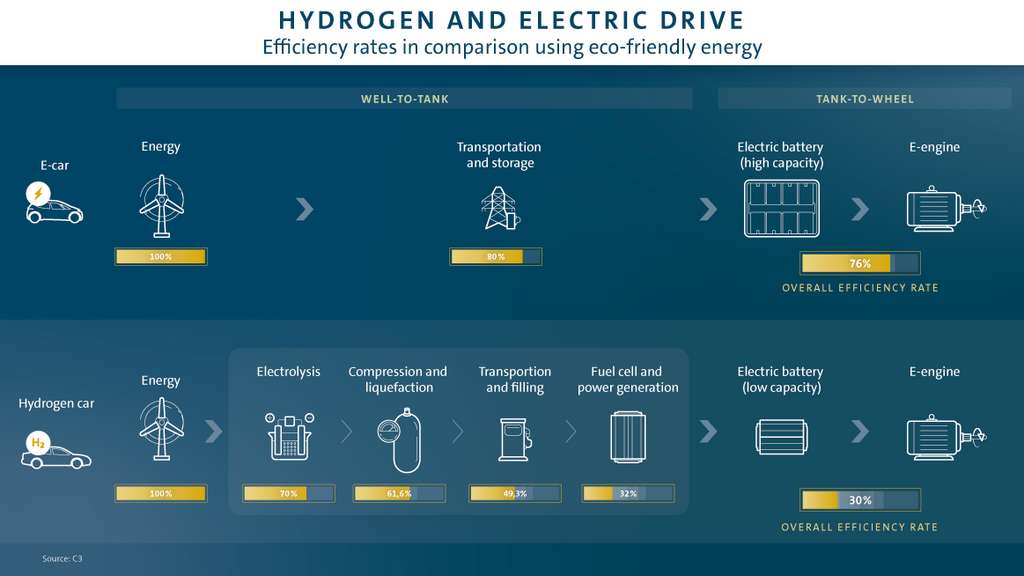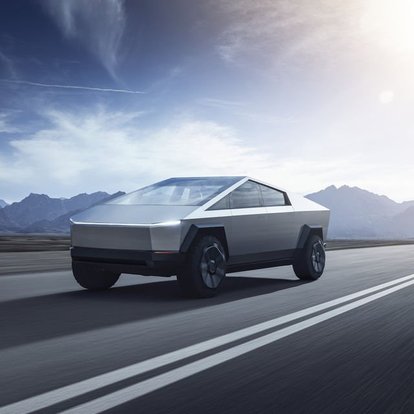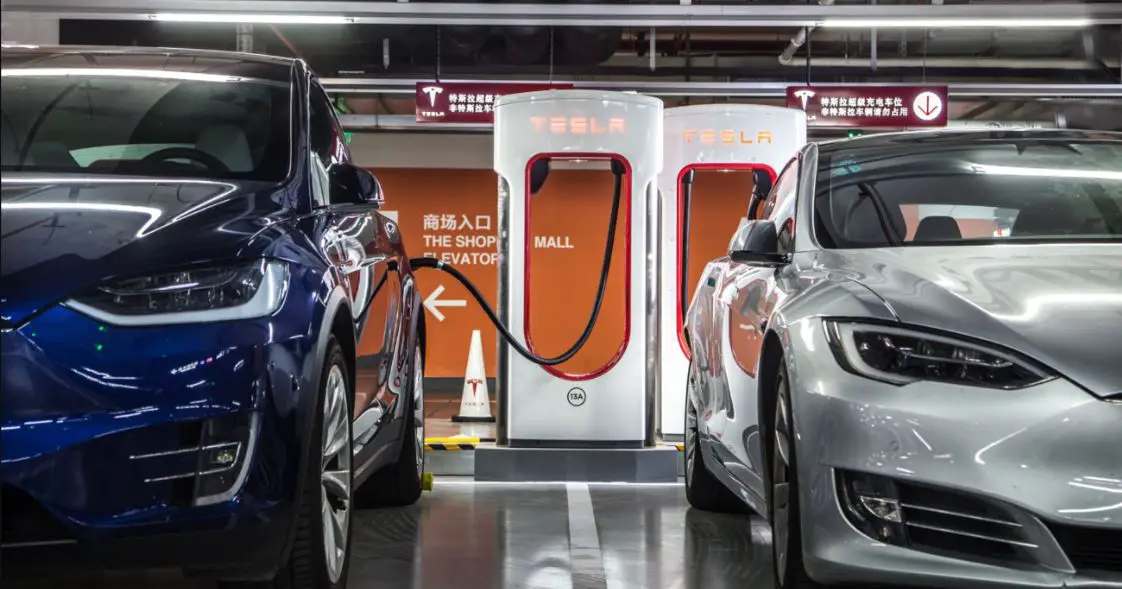Two technologies compete for zero emission cars: on the one hand, the electric car with batteries; on the other, the car that uses hydrogen as fuel. But are these vehicles really ecological? Which is more virtuous?
Table of Contents
Electric vs Hydrogen: Which one to go?
Conceptually, the electric car and the hydrogen car are two zero-carbon technologies : the electric motor drives the car while hydrogen reacts with oxygen to generate energy and water in a fuel cell .
Each technology has its advantages and disadvantages: on the one hand, the electric car is easier to maintain and presents less risk of storage, on the other, hydrogen allows greater autonomy and recharges more quickly. But what about ecologically? Are the electric car and the hydrogen car really that clean?
According to the Canadian Hydrogen and Fuel Cell Association, the overall carbon footprint of the hydrogen car would be much better, with a carbon footprint of 2.7 kg of CO2 per kilometer, compared to 20.9 kg of CO2 per km with the electric car.
One of the arguments put forward by the association is the weight of the batteries: the battery of a Tesla 3 thus weighs 480 kg, against 88 kg for the tank of a hydrogen Toyota Mirai. The hydrogen car also requires less infrastructure (charging stations).

Energy efficiency: advantage to electric
But, for Tom Baxter , professor of chemical engineering at the University of Aberdeen, this assessment is biased because the association compares hydrogen produced with renewable sources such as wind power to an electric vehicle powered by energy produced by fossil sources .
The researcher has therefore calculated the energy efficiency of each technology, and the advantage clearly appears in favor of the electric car.
Hydrogen vehicle: in the end only 38 watts out of the initial 100 watts are used
“ Take 100 watts of electricity produced by a renewable source such as a wind turbine . To power a vehicle with a fuel cell, this energy must be converted into hydrogen [for example by electrolysis , note] ”.
About a quarter of the electricity is lost during this step. The hydrogen produced must then be compressed, refrigerated and transported to the hydrogen station. We lose again 10% of energy.
Once inside the vehicle, the hydrogen is converted into electricity, and another 40% of energy is lost. Finally, 5% of energy is lost when electricity is used in the motor to move the vehicle. “ In the end,concludes the researcher.
In comparison, with the electric car, about 5 watts are lost during transport in the network, 10 watts when charging and discharging the battery, and 5 watts when moving the vehicle.
The overall yield is therefore 80%. An analysis by Horváth & Partners quoted by Volkswagen arrives at roughly the same conclusions, with an energy efficiency of between 25 and 35% for the hydrogen car compared to 70 to 80% with the electric car.
Global carbon footprint: advantage to hydrogen
When the entire life cycle of the car is taken into account (manufacturing, use, recycling and end of life), the Deloitte firm calculates that the carbon footprint of the electric car is 130 to 230 g of CO2 per km, compared to 160 to 250 g for the electric car, and 180 to 270 g for a combustion car (gasoline or diesel).
A difference in particular due to the production of batteries, the extraction of lithium and rare metals being particularly energy-intensive.
But again, it all depends on how the electricity is produced: Deloitte relies on the energy mixtoday, which is still mainly based on fossil fuels ( 62% in 2019 ).
When electricity is produced with wind, solar or nuclear power, the balance sheet is much more favorable to the electric car.
Cost and infrastructure: advantage of going electric
The argument of ecology is not the only advantage of the electric car. The latter would also be much more economical , with a cost price of 2 to 7 euros per 100 km , against 9 to 12 euros per 100 km for the hydrogen car.
Similarly, the electric car would be much less expensive to maintain. In addition, installing electric charging stations is less expensive than deploying a network of hydrogen stations.
According to Dietmar Voggenreiter, head of the Horváth & Partners study, hydrogen will only be interesting in vehicles requiring a very long range, such as trucks and buses, because the weight of the electric battery then becomes prohibitive.





